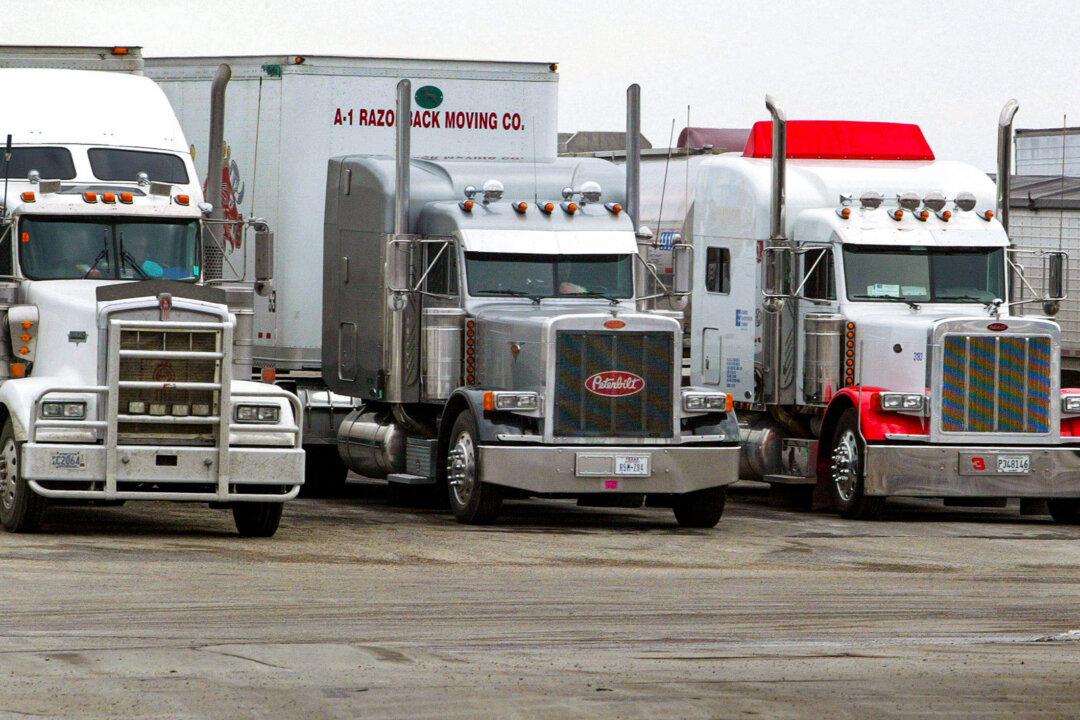Truck drivers must decide every day how they will break the law. Their choices are to illegally park on the side of the highway to rest or to look for a proper parking space and risk the consequences of driving beyond the federally mandated hours of service.
The United States has a truck parking space shortage, with one parking space for every 11 trucks on the road today, according to statistics from the American Trucking Associations (ATA).





